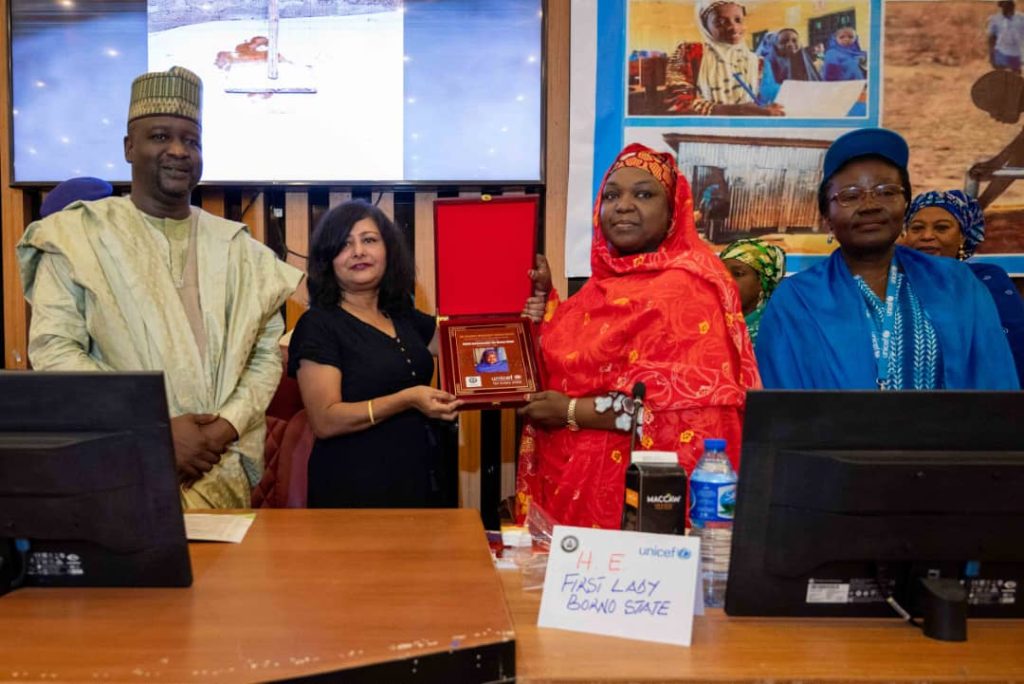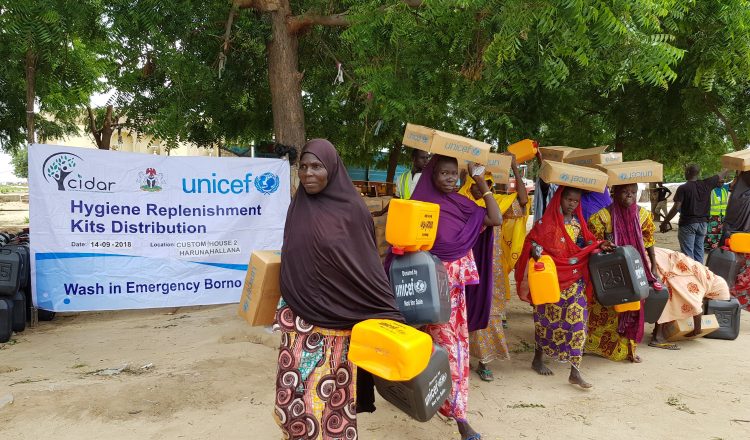The Borno State Government, in collaboration with UNICEF, has launched a roadmap campaign to eradicate open defecation and improve Water, Sanitation, and Hygiene (WASH) facilities across the state. The event, held at the Musa Usman International Conference Centre in Maiduguri, marked a significant step toward achieving Sustainable Development Goal 6, which ensures universal access to water and sanitation.

Governor Babagana Umara Zulum, represented by Deputy Governor Umar Usman Kadafur, emphasized the campaign’s importance in addressing poor hygiene and its impact on child mortality, malnutrition, and educational and economic opportunities. “Poor hygiene, lack of access to safe water and sanitation, and open defecation contribute to child mortality, malnutrition, and barriers to education and economic opportunities,” he stated.
Key strategies outlined in the campaign include expanding access to safe water within 30 meters, achieving universal water supply by 2025, and providing affordable sanitation solutions for residents.
UNICEF’s WASH Manager in Maiduguri, Mamita Bora Thakkar, commended the government’s efforts, emphasizing the need for collective action to address challenges. “UNICEF aims to make Borno State open-defecation-free, transforming residents’ lives,” she remarked. Thakkar also highlighted the impact of inadequate water and sanitation on children’s development and education, particularly for girls lacking menstrual hygiene facilities.
The event celebrated First Lady Mrs. Falmata Babagana Umara Zulum as Ambassador for Climate Change and attracted participation from local and international NGOs, reinforcing the campaign’s momentum.
- Tags: Defecation, Hygiene, Mamita Bora Thakkar, Umar Usman Kadafur, UNICEF, WASH





